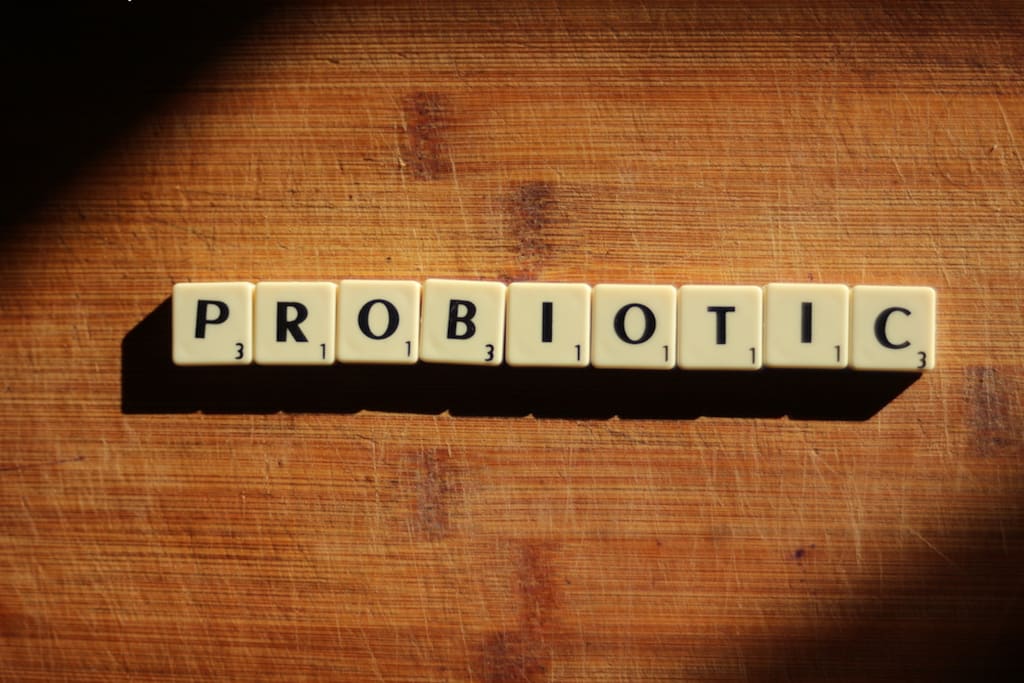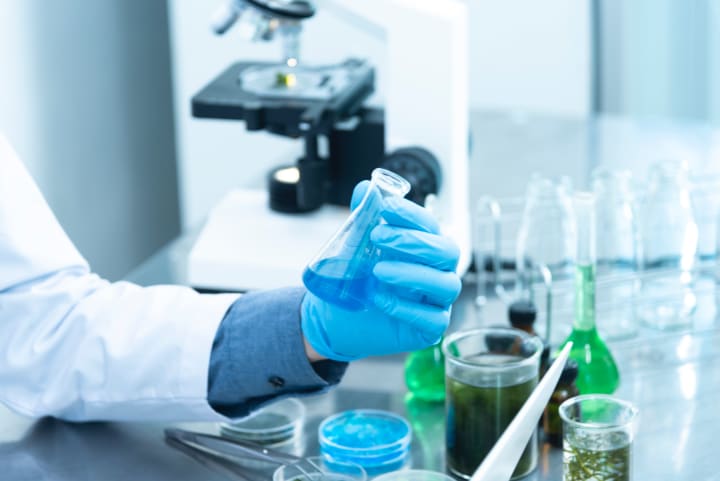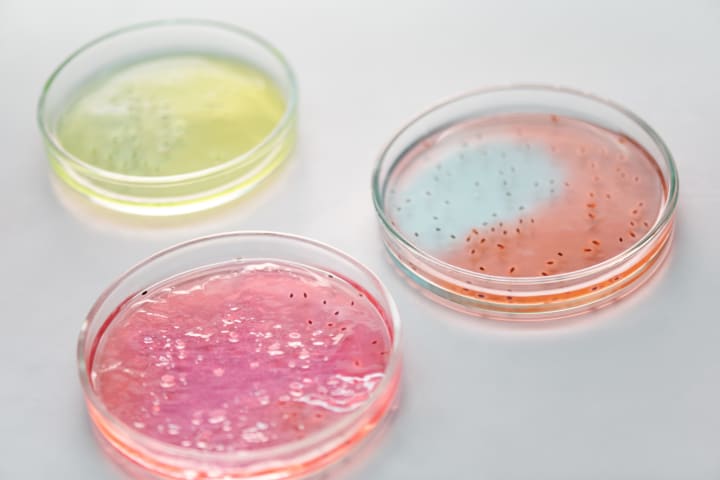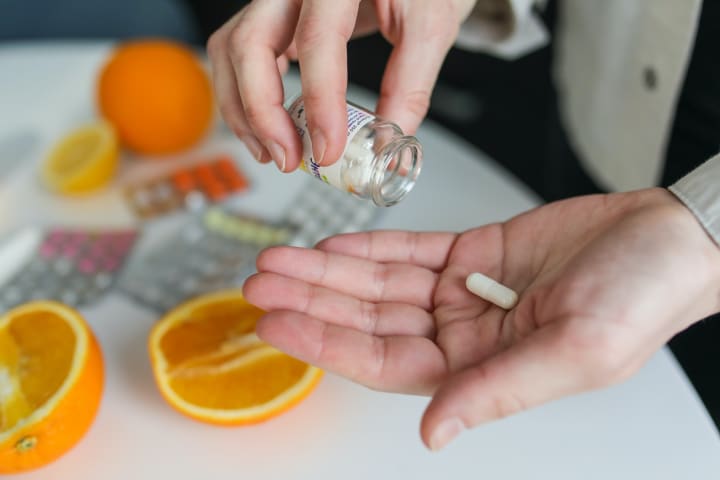The Benefits of Probiotics in Healthcare: Is It Worth the Investment?
Unlocking the Potential: Exploring the Benefits and Worthiness of Probiotics in Healthcare

In the world of healthcare, the question arises: Is the use of probiotics the biggest scam? Are there any actual health benefits, or is it all just exaggerated hype? Bacteria, once seen as villains, are finally receiving recognition for their potential health benefits. News stories abound, touting the positive effects of these microorganisms, leading people to spend billions of dollars on probiotic foods and supplements annually, hoping to improve their well-being and happiness.

So, what does the science say about probiotics? Within our bodies, trillions of microscopic tenants, collectively known as the microbiome, reside rent-free. These bacteria and tiny creatures play crucial roles in breaking down food, supporting our immune system, neutralizing toxins, and providing essential nutrients. The gut, in particular, is a haven for these beneficial microbes.

Research has shown that an unhealthy microbiome can be linked to various diseases, while certain health conditions have been associated with specific groups of microbes. Probiotics, containing strains of beneficial bacteria, are believed to improve the overall composition and health of the gut microbiome. However, the true benefits of probiotics remain uncertain, as factors like the survival of bacteria in the acidic conditions of the stomach, competition with existing gut bacteria, and variations in efficacy among individuals contribute to the lack of clarity.

While probiotic supplements are available, it's worth noting that many foods also contain beneficial probiotic bacteria. Yogurt, kimchi, cheese, and kefir are examples of such foods. Furthermore, increasing fiber intake through sources like oats, fruits, vegetables, whole grains, and pulses promotes the growth of beneficial gut bacteria. A diverse diet that avoids heavily processed foods is crucial for improving gut health.
In conclusion, while probiotics may offer specific benefits, the key to enhancing gut health lies in consuming a colorful and diverse range of complex carbohydrates that support the growth and diversity of existing beneficial microbes. It's essential to maintain a balanced perspective and consider individual factors when evaluating the use of probiotics in improving overall health.

In addition to the considerations mentioned above, there are several other factors to explore when discussing probiotics and their impact on health. The gut microbiome, with its intricate balance of diverse bacteria, not only affects our physical well-being but also has implications for mental health.
The communication between the gut and the brain is a fascinating aspect of our biological system. The gut contains a significant number of neurons, second only to the brain itself. This communication occurs through the vagus nerve, a cellular superhighway that facilitates the production of neurotransmitters influencing our mood, memory, and overall brain function. It suggests that our gut microbiome has the potential to shape our mental state and even influence the development of mental health conditions.
Research has shown connections between gut bacteria and various mental health conditions. When gut bacteria from depressed individuals were introduced into mice, the mice displayed depressive behaviors, indicating a relationship between the microbiome and mental health. Therefore, maintaining a healthy gut microbiome becomes crucial in promoting overall well-being.
While the field of probiotics is still evolving, scientists have identified specific strains of bacteria that seem to have positive effects. For example, certain species of bacteria are associated with lower levels of bad cholesterol, reducing the risk of heart attacks and strokes. However, more research is needed to identify the most beneficial bacteria and determine their precise roles in promoting health.
It's worth noting that dietary diversity and the consumption of whole, unprocessed foods play a vital role in supporting the gut microbiome. The modern diet, high in sugars, fats, and ultra-processed foods, has negatively impacted our gut health by reducing microbial diversity. This shift in dietary patterns has contributed to the rise in various health issues.
In conclusion, probiotics offer a potential avenue for improving gut health and overall well-being. However, the scientific understanding of probiotics is still developing, and individual responses may vary. A holistic approach that includes a diverse and balanced diet, rich in fiber and whole foods, is essential for nurturing a healthy gut microbiome. As research continues to uncover the intricate relationships between gut bacteria and our health, personalized approaches to probiotics may emerge, revolutionizing our ability to optimize gut health and promote a thriving microbial ecosystem within our bodies.
Image Link: Alicia Harper
Youtube Link: Dr Karan
About the Creator
Edge Alexander
Captivating wordsmith, crafting transformative narratives that spark curiosity, ignite conversation, and leave an indelible mark.
Enjoyed the story? Support the Creator.
Subscribe for free to receive all their stories in your feed. You could also pledge your support or give them a one-off tip, letting them know you appreciate their work.






Comments
There are no comments for this story
Be the first to respond and start the conversation.